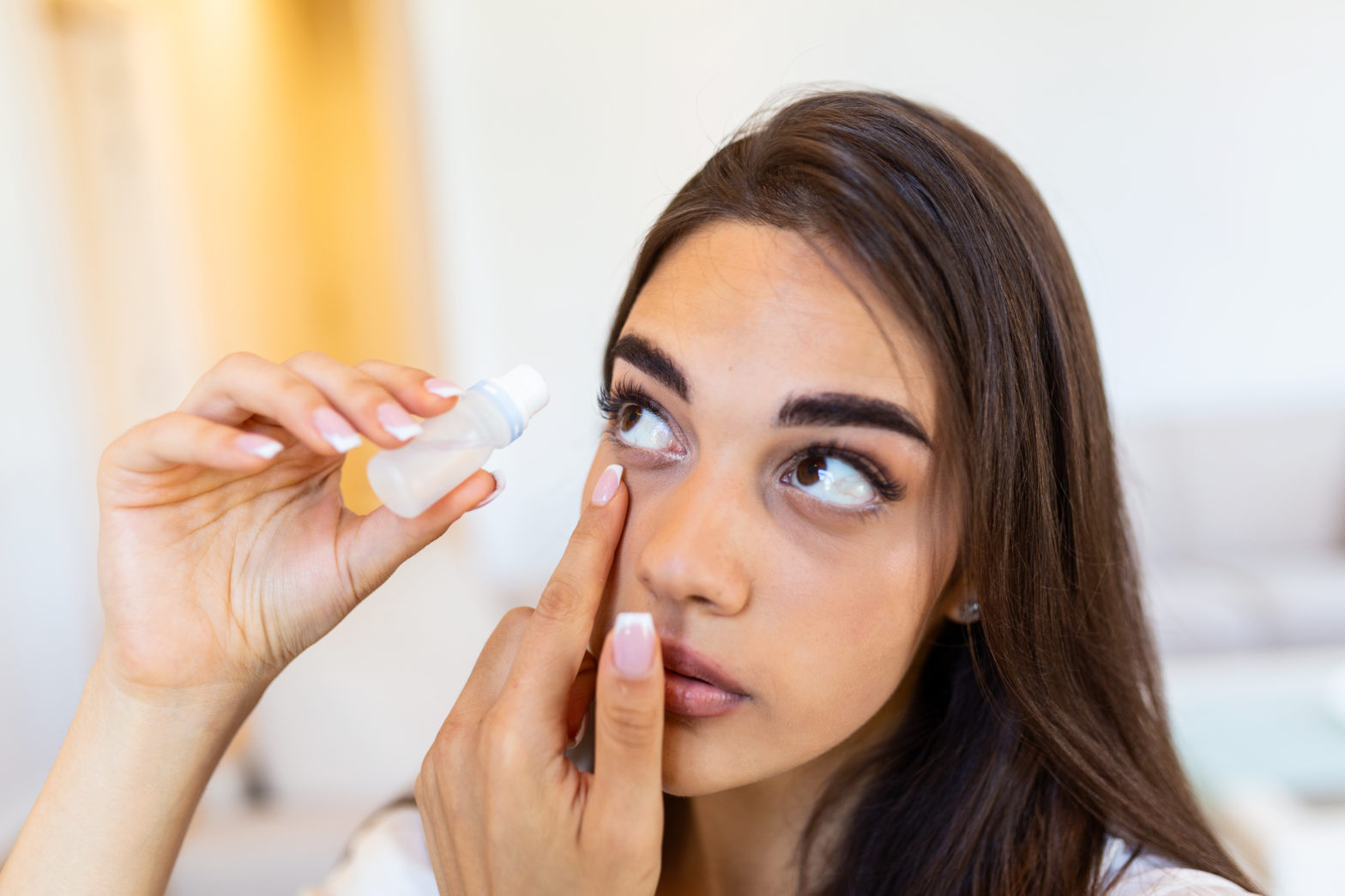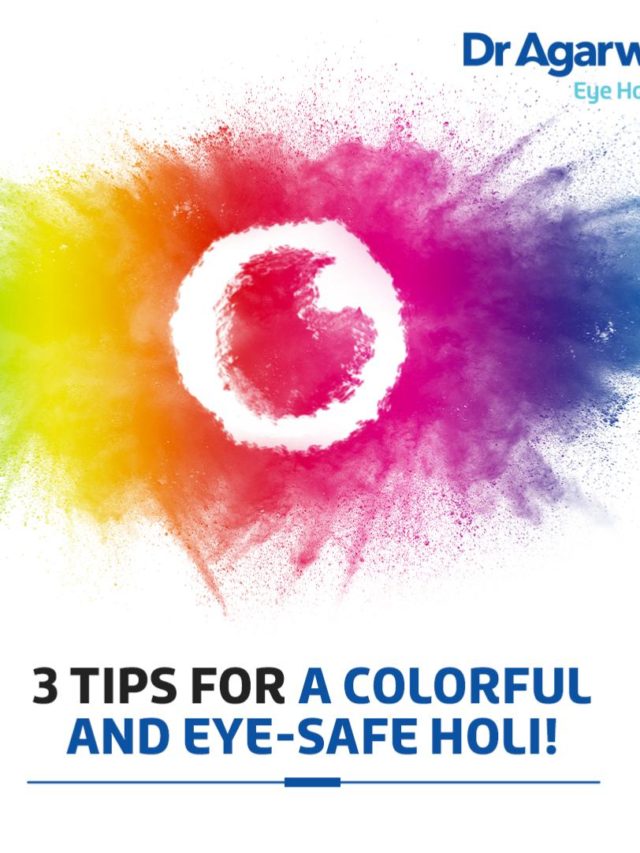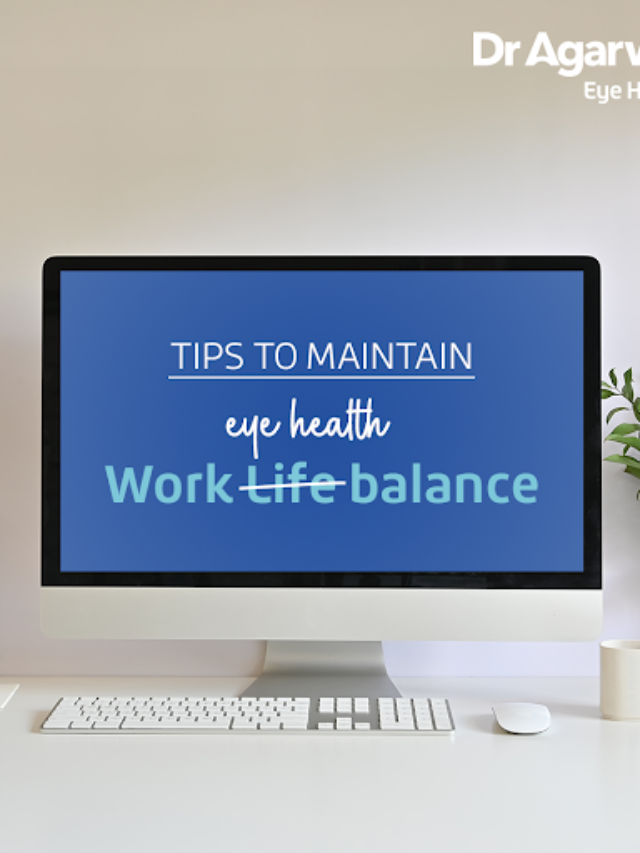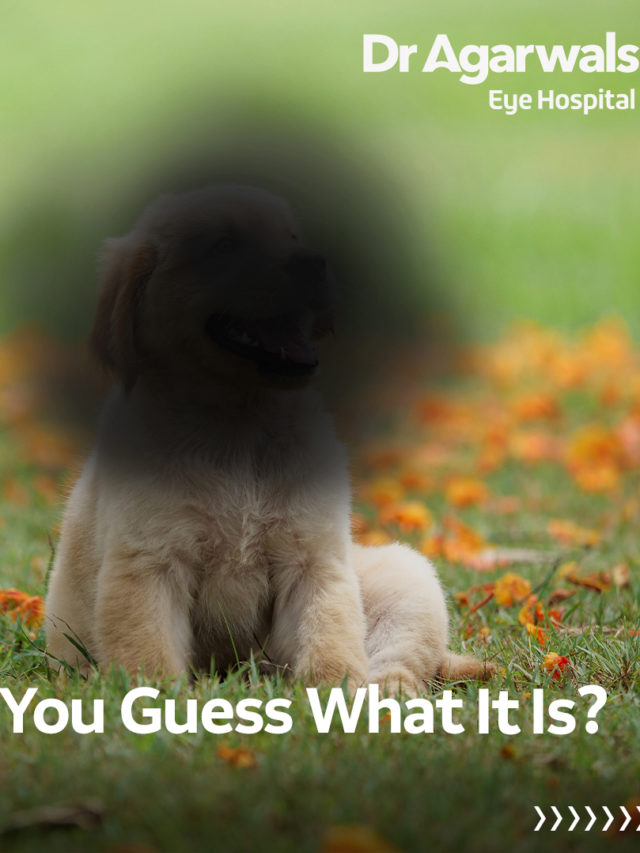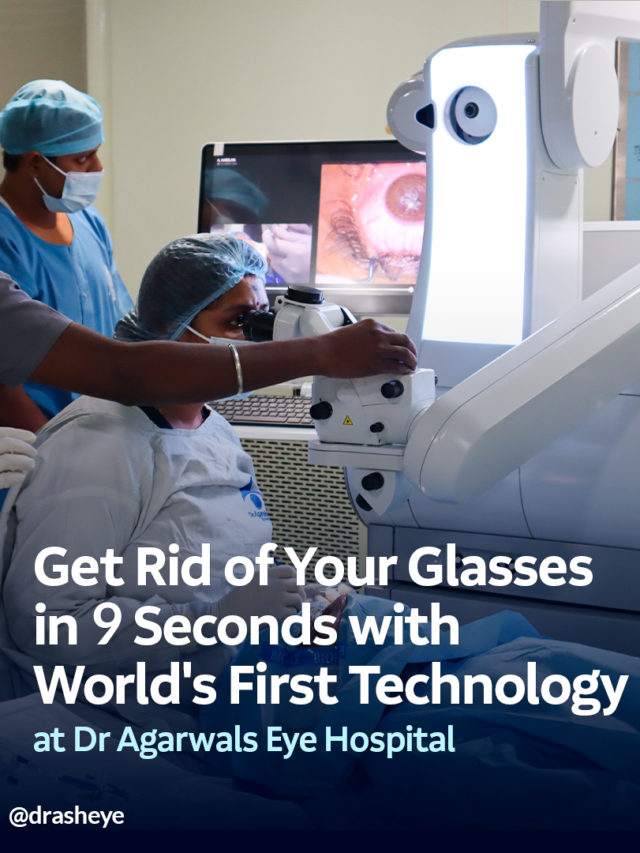A corneal ulcer is an open wound that develops on the clear, dome-shaped layer covering the front of your eye, known as the cornea. The primary cause of corneal ulcers is typically an infection.
Corneal eye ulcers are considered a medical emergency, and anyone experiencing symptoms suggestive of a corneal ulcer should seek prompt medical attention from an eye care specialist. Early diagnosis and treatment are crucial for preventing vision impairment and other complications associated with this condition.
Symptoms:
-
Eye Pain: Severe, often described as a sharp, stabbing pain in the affected eye.
-
Redness: The eye may appear red and bloodshot.
-
Blurry Vision: Vision can become blurry or hazy.
-
Sensitivity to Light: Photophobia, or sensitivity to light, is common.
-
Excessive Tearing: The eye may produce more tears than usual.
-
Discharge: There may be a discharge from the eye, which can be watery or purulent (pus-like).
-
Foreign Body Sensation: It may feel like there’s something in your eye.
Causes:
-
Bacterial Infections: Bacterial keratitis can occur due to an eye injury, contaminated contact lenses, or poor contact lens hygiene.
-
Viral Infections: Viral keratitis, often caused by the herpes simplex virus (HSV), can lead to corneal ulcers.
-
Fungal Infections: Fungal keratitis can result from fungal spores entering the eye, often from plant material or soil.
-
Corneal Trauma: Physical injuries, such as scratches, cuts, or foreign objects in the eye, can cause ulcers.
-
Dry Eye Syndrome: Persistent dryness of the eyes can make the cornea more vulnerable to damage and ulcers.
-
Autoimmune Conditions: Conditions like rheumatoid arthritis and Sjögren’s syndrome can increase the risk of corneal ulcers.
-
Contact Lens Misuse: Extended wear of contact lenses, poor hygiene, and swimming or showering while wearing lenses can increase the risk.
Treatment:
Treatment for corneal eye ulcers typically depends on the cause and severity. It’s crucial to seek immediate medical attention if you suspect you have a corneal ulcer.
Treatment may include:
-
Prescription Eye Drops or Ointments:
Antibiotics, antifungals, or antiviral medications may be prescribed to treat the infection.
-
Pain Management:
Over-the-counter or prescription pain relievers may be recommended.
-
Moisturising Eye Drops:
Lubricating eye drops can help alleviate dryness and discomfort.
-
Bandage Contact Lens:
In some cases, a bandage contact lens may be used to protect the cornea and promote healing.
-
Cycloplegic Eye Drops:
These drops help reduce eye pain and sensitivity to light.
-
Surgery:
Severe ulcers may require surgical intervention, such as corneal transplant.
Prevention Tips:
-
Proper Hygiene: Maintain good hand hygiene and follow proper contact lens care practices.
-
Regular Eye Exams: Schedule regular eye exams to monitor your eye health and catch any issues early.
-
Eye Protection: Wear appropriate eye protection when participating in sports or activities with a risk of eye injury.
-
Avoid Rubbing Eyes: Avoid touching or rubbing your eyes, as this can introduce harmful microbes.
-
Treat Dry Eyes: If you have dry eyes, use lubricating eye drops and follow your eye doctor’s recommendations.
-
Avoid Contaminated Water: Do not swim or shower while wearing contact lenses, and avoid exposing your eyes to contaminated water sources.
-
Manage Underlying Conditions: If you have autoimmune conditions, work with your healthcare provider to manage them effectively.
Hence, early diagnosis and prompt treatment are crucial for a better outcome when dealing with corneal eye ulcers. If you suspect you have an eye ulcer or are experiencing severe eye pain, consult an eye specialist or an ophthalmologist immediately.
Dealing with a corneal eye ulcer can be a challenging situation, but at Dr. Agarwal’s Eye Hospitals, we’re here to provide you with expert care and solutions. If you suspect you have a corneal eye ulcer, don’t delay seeking help. Our team of skilled eye specialists is ready to diagnose your condition accurately and develop a tailored treatment plan to address it effectively.
At Dr. Agarwal’s, we believe that your vision deserves the best care. We offer cutting-edge treatments and compassionate support to ensure you receive the highest standard of care throughout your journey to recovery.
Additionally, our experts can provide you with valuable tips on preventing corneal eye ulcers and maintaining optimal eye health to reduce the risk of recurrence. Your vision matters to us, and we are dedicated to helping you manage corneal eye ulcers and enjoy healthy eyes once more.
Contact Dr. Agarwal’s Eye Hospitals by dialing 9594924026 | 080-48193411 today for expert care and guidance in managing corneal eye ulcers. Your vision is our priority, and we’re here to support you every step of the way.


